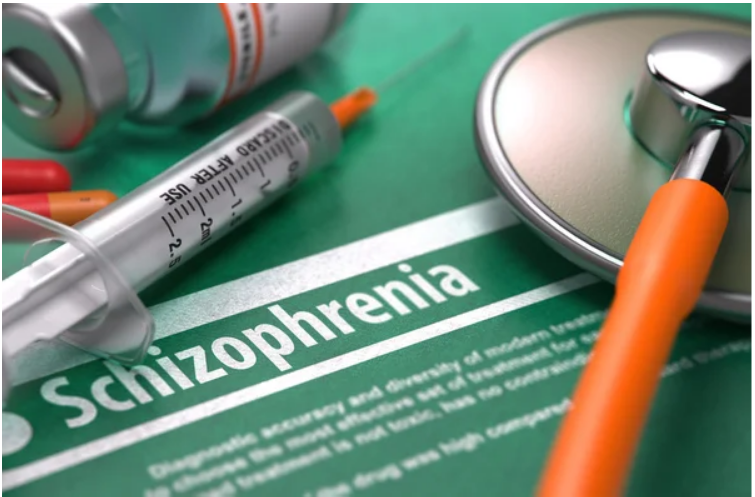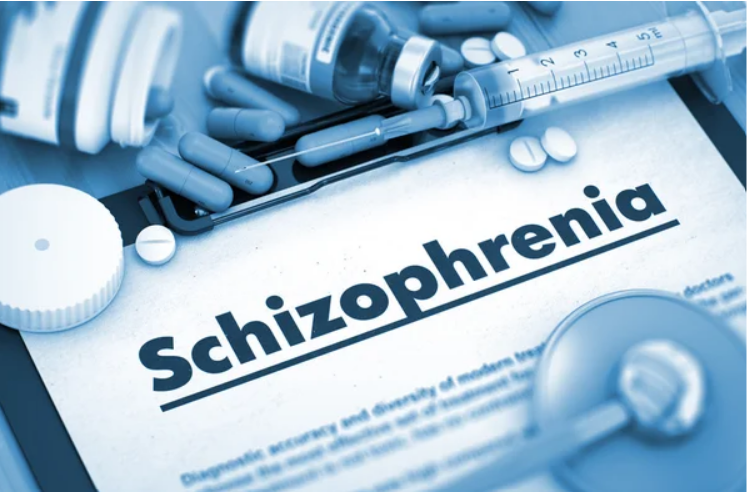Schizophrenia is a complex mental health disorder that affects millions of people worldwide. It is a condition that can significantly impact an individual’s thoughts, emotions, and behaviors, making it challenging to distinguish between what is real and what is not. In this comprehensive article, we will delve into the intricacies of schizophrenia, exploring its causes, symptoms, and available treatment options for mental health treatment, including Recovery Centers.
What is Schizophrenia?

What is schizophrenia? It is a severe and chronic mental illness that affects how a person thinks, feels, and behaves. It is characterized by a disconnect from reality, leading to a range of symptoms of schizophrenia that can be both distressing and debilitating. People with schizophrenia may experience hallucinations, delusions, disorganized speech, and difficulty functioning in daily life.
Types of Schizophrenia
There are several types of schizophrenia, each with its own set of characteristics:
- Paranoid Schizophrenia: Characterized by intense delusions and hallucinations.
- Catatonic Schizophrenia: Marked by unusual movements or a state of stupor.
- Disorganized Schizophrenia: Involves disorganized speech, behavior, and flat affect.
- Residual Schizophrenia: Occurs when symptoms have diminished but still persist.
- Schizoaffective Disorder: Combines symptoms of schizophrenia and mood disorders.
Causes of Schizophrenia
What causes schizophrenia? The exact causes of schizophrenia are not fully understood, but research suggests that a combination of genetic, environmental, and brain chemistry factors may play a role in its development.
Genetic Factors
Is schizophrenia genetic? Studies have shown that schizophrenia can run in families, indicating a genetic component to the disorder. If a parent or sibling has schizophrenia, an individual’s risk of developing the condition increases. However, it is important to note that having a genetic predisposition does not guarantee that a person will develop schizophrenia.
Environmental Factors
Certain environmental factors, particularly those experienced during early brain development, may contribute to the onset of schizophrenia. These factors include:
- Prenatal exposure to viruses or malnutrition
- Complications during birth
- Childhood trauma or abuse
- Stressful life events
- Substance abuse, particularly cannabis use during adolescence
Brain Chemistry
Imbalances in neurotransmitters, the chemicals that facilitate communication between brain cells, have been linked to schizophrenia. Specifically, abnormalities in the levels of dopamine and glutamate may contribute to the development of schizophrenia symptoms.
Symptoms of Schizophrenia
What are the symptoms of schizophrenia? The symptoms of schizophrenia can vary from person to person and may fluctuate over time. They are typically divided into three categories: positive symptoms, negative symptoms, and cognitive symptoms.
Positive Symptoms
Positive symptoms of schizophrenia refer to the presence of abnormal experiences and behaviors. These include:
- Hallucinations: Seeing, hearing, or feeling things that are not really there.
- Delusions: False beliefs that are not based in reality.
- Disorganized speech: Jumbled or nonsensical speech patterns.
- Disorganized behavior: Unpredictable or inappropriate actions.
Negative Symptoms
Negative symptoms of schizophrenia involve the absence or reduction of normal behaviors and emotions. These may include:
- Flat affect: Lack of emotional expression or response.
- Apathy: Loss of interest or motivation in daily activities.
- Social withdrawal: Avoiding social interactions and relationships.
- Poverty of speech: Reduced amount or content of speech.
Cognitive Symptoms
Cognitive symptoms of schizophrenia affect a person’s thinking and memory processes. These can include:
- Difficulty concentrating or paying attention
- Impaired memory and learning abilities
- Trouble with decision-making and problem-solving
- Struggling to understand abstract concepts
Recognizing the Signs of Schizophrenia

Recognizing the signs of schizophrenia early on can be crucial for obtaining timely treatment and support. Some common warning signs include:
- Social withdrawal and isolation
- Unusual or bizarre behavior
- Neglecting personal hygiene
- Difficulty expressing emotions
- Delusions or hallucinations
- Disorganized speech or thinking
- Lack of motivation or interest in activities
If you or someone you know is exhibiting these signs of schizophrenia, it is essential to seek professional help from a mental health provider.
Diagnosing Schizophrenia
Diagnosing schizophrenia can be a complex process, as there is no single test that can definitively confirm the disorder. Mental health professionals, such as psychiatrists or psychologists, typically make a diagnosis based on a comprehensive evaluation that includes:
- A thorough medical and psychiatric history
- A physical exam to rule out other medical conditions
- A psychological evaluation to assess thoughts, feelings, and behaviors
- Observations of the individual’s symptoms over time
To be diagnosed with schizophrenia, a person must exhibit at least two of the following symptoms of schizophrenia for a significant portion of time during a one-month period:
- Delusions
- Hallucinations
- Disorganized speech
- Grossly disorganized or catatonic behavior
- Negative symptoms
Additionally, the symptoms must cause significant impairment in the individual’s functioning, such as in their relationships, work, or self-care, which often necessitates intervention from recovery centers.
Treatment Options for Schizophrenia
While there is no cure for schizophrenia, various schizophrenia treatments can help manage symptoms and improve quality of life. A comprehensive treatment plan typically involves a combination of medication for schizophrenia, psychotherapy, and support services.
Medication for Schizophrenia
Antipsychotic medications for schizophrenia are the primary form of treatment for schizophrenia. These schizophrenia medications work by altering brain chemistry to reduce psychotic symptoms such as hallucinations and delusions. Some commonly prescribed antipsychotics include:
- Risperidone
- Olanzapine
- Quetiapine
- Clozapine
It is important to note that finding the right schizophrenia medication may require trial and error, as individuals may respond differently to various medications and dosages. Close monitoring by a mental health professional is crucial to ensure the effectiveness and safety of the medication regimen for treatments of schizophrenia and other mental health conditions.
Psychotherapy
Psychotherapy, also known as talk therapy, can be an effective complementary treatment for schizophrenia. Various forms of psychotherapy can help individuals with schizophrenia:
- Cognitive-Behavioral Therapy (CBT): Helps identify and change distorted thought patterns and behaviors.
- Family Therapy: Educates family members about the disorder and improves communication and support within the family.
- Social Skills Training: Teaches individuals how to interact more effectively in social situations.
Support Services
In addition to medication for schizophrenia and psychotherapy, support services can play a vital role in the management of schizophrenia. These services may include:
- Case management: Assists with coordinating care and accessing community resources.
- Vocational rehabilitation: Helps individuals develop job skills and find employment.
- Supported housing: Provides a structured living environment with varying levels of supervision and support.
- Peer support groups: Offer a safe space for individuals to share experiences and coping strategies with others who have schizophrenia.
Coping with Schizophrenia: Tips for Patients and Caregivers

Coping with schizophrenia can be challenging for both patients and caregivers. Here are some tips to help manage the disorder and improve overall well-being:
Tips for Patients
- Adhere to the prescribed schizophrenia treatment plan
- Maintain a healthy lifestyle, including regular exercise and a balanced diet
- Avoid drugs and alcohol
- Build a strong support network of family, friends, and mental health professionals
- Engage in meaningful activities and hobbies
- Set realistic goals and celebrate small victories
Tips for Caregivers
- Educate yourself about schizophrenia and its symptoms
- Encourage adherence to schizophrenia medications and therapy
- Provide a supportive and understanding environment
- Help create a structured daily routine
- Assist with practical tasks and problem-solving
- Take care of your own mental and physical health




















